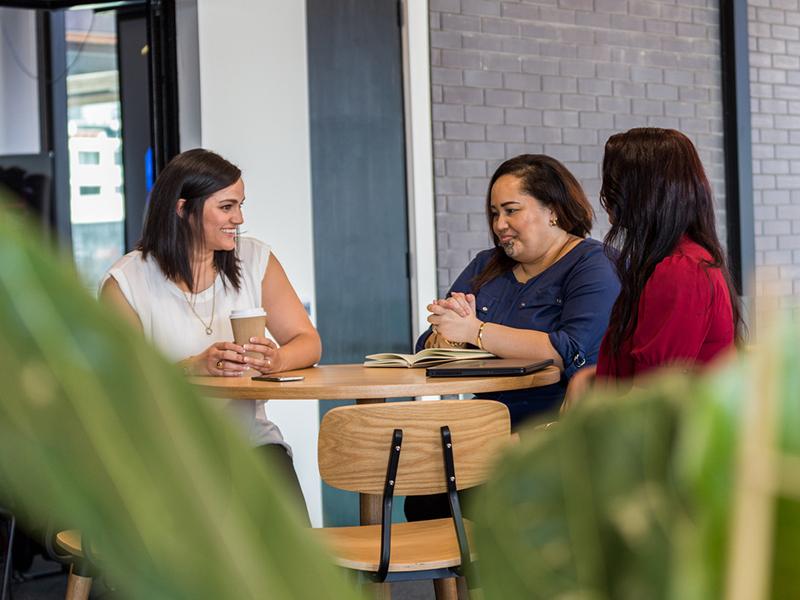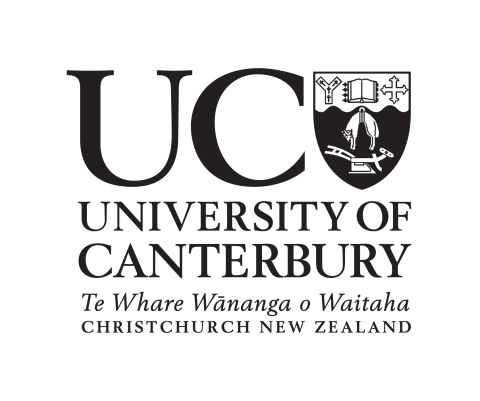
Steps to address the operational challenges of widening participation
You may also like
Higher education institutions often espouse broad aims for widening participation and increasing diversity in their student population, but they grapple with the operational challenges of what this means in practice.
In Aotearoa New Zealand, broadening participation is focused on increasing the numbers of indigenous Māori learners who successfully participate in higher education as well as numbers of other underserved cohorts, including Pacific students, first-in-family learners, LGBTQ+ students and students with a disability.
While scholarships often provide support for students to attend university, the scholarship distribution data reflects inherent biases, with students from lower socio-economic regions under-represented in scholarship applications and awards.
From cohort to community: how to support student-led initiatives
How academic coaching influences student performance and institutional outcomes
Look after the intangibles and the metrics will look after themselves
The University of Canterbury | Te Whare Wānanga o Waitaha (UC) is supporting student success in a way that upholds our commitment to biculturalism. In partnership with the McCall MacBain Foundation and Unilodge, UC has established the Te Kakau a Māui Scholarship programme, which offers not just financial support but targeted pastoral and well-being assistance. The programme targets prospective students from lower socio-economic areas who are eligible and interested in pursuing higher education, directly addressing the historic inequity of scholarship distribution. The success measures for this programme focus on course completion, higher achievement rates and lower rates of withdrawal compared with other students from comparable backgrounds.
Reaching out with targeted messaging
To begin addressing the equity gap in education, universities need to assess whether the promotional messages are reaching targeted cohorts, and additionally consider whether these target groups feel addressed and reflected in the messaging.
Our Te Kakau a Māui scholarship is designed to reward more than just academic success. It extends to acknowledging young peoples’ leadership qualities, community contributions, innovative ideas and aspirations for effecting positive change in the world – which is highlighted in the programme promotion.
Another element of the outreach process is sharing critical messages about benefits for successful applicants. Through in-person outreach initiatives in specific schools that are eligible, you can ensure that the students who would benefit from these opportunities hear about it and are personally encouraged to apply. This could include information evenings at schools, university campus tours or alumni presentations with graduates of the university and of their high school. We want applicants to understand that the scholarship covers the cost of the student’s entire undergraduate degree, removing the significant barrier of upfront costs and the pressure of a student loan, particularly for those who might be first-in-family learners.
Beyond financial support, it’s crucial to inform applicants about other support offered through scholarships, including academic help, leadership development workshops, mentoring opportunities and the dedicated support staff working with the cohort. These can all help address the peripheral challenges that university students can face, such as mental health issues, isolation, homesickness, lack of direction or the general challenges involved with navigating a new environment.
Soften the landing for first-year students
The transition to higher education is significant for many first-year students, and much greater for first-in-family students. Programmes that encourage people to connect around a common purpose can help students to find their feet at university. They proactively remove a major barrier by bringing people together, setting students up to find their place in the wider community.
The UC scholarship programme has appointed a success coach, who is the students’ support navigator and welcomes students and their families on the first day at university. The success coach also introduces the targeted support programme available to students throughout their first year.
This support programme provides wrap-around pastoral care for scholars from their first day on campus. It offers regular social events throughout the academic year, bringing people together over food, fun activities and off-campus adventures. This supports the social well-being of students and supports ongoing engagement with the university. The programme also offers personal development exercises where students are offered regular strengths coaching, leadership-focused mentoring and career development workshops to help students build their confidence in developing their post-university vision.
Connection is key to student success
Authentic connection to the campus, to people and to purpose is critical to any new student support programme, particularly if an aim is to reduce the success equity gap.
Institutions can be proactive in boosting connection to the university. Nominating a staff member as the primary navigator for students creates trust; facilitating ways for students to connect to each other is another critical string to this bow. This should go beyond their direct circles of study. Under the Te Kakau a Māui scholarship, groups of 10 to 14 students work through the support programme together.
Helping students to identify and understand their “why” – why study at university? – is an important part of the focus on connection. Through targeted interventions and workshops early on in their study career, students can work to understand what impact they want to have on their communities and how their time at university can contribute to that.
Building academic well-being
Addressing the peripheral barriers needs to be paired with targeted support for students’ academic achievement. Universities can tap into networks of older students and offer accessible feedback and intervention to maintain online engagement.
At UC, the peer-assisted learning support is led by older students and establishes communities of learning and growth that go beyond the baseline learning offered in courses. The Analytics for Course Engagement platform looks at the online engagement data of students and provides a gentle nudge to those who may benefit from improving engagement with learning resources.
Universities need to think beyond standard recruitment and transition if they are serious about widening participation, closing the equity gap, and making a significant difference in the lives of learners who need it most. The University of Canterbury recognises that achieving these ambitious targets is going to take a complex and ever-evolving set of strategies, and an interwoven approach is needed to ensure the success of our students.
Angus Howat is a student success coach at the University of Canterbury, New Zealand.
If you would like advice and insight from academics and university staff delivered direct to your inbox each week, sign up for the Campus newsletter.




